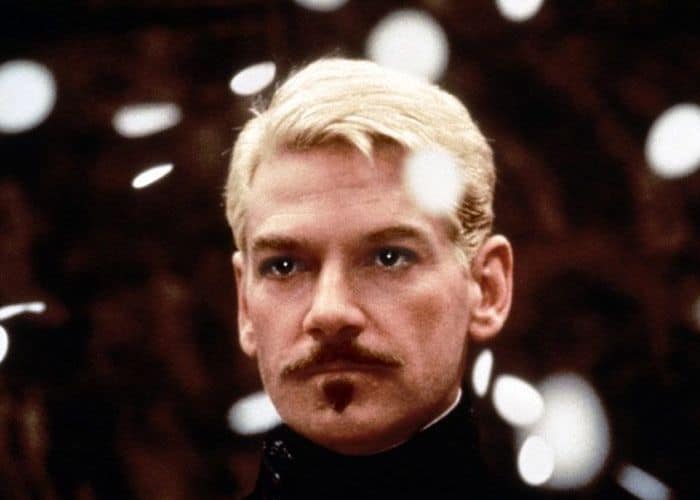Kenneth Branagh is essentially known as Hollywood’s resident interpreter of Shakespeare. He has adapted six of the Bard’s classic works for the screen, including Much Ado About Nothing (1993), Hamlet (1996), and As You Like It (2006). Now Branagh is adding to his catalog of Shakespeare stories with a film telling the tale of the man himself. He portrays William Shakespeare during the final years of the famous playwright’s life in All is True, which also stars Judi Dench (who won an Oscar playing Queen Victoria in Shakespeare in Love) as Shakespeare’s wife, Ann Hathaway.
While Branagh has not made a Shakespeare biopic before, many of his films tend to be of a similar essence. Of course, there are his Shakespeare adaptations themselves, but he generally has a tendency to revert to material based on historical events and famous literary works. The film’s limited theatrical release at the end of this year implies an aim for awards eligibility from distributor Sony Pictures Classics, and while Oscar voters may love their period pieces, Branagh will need to take some risks to make this one stand out.
Branagh has had some major successes among his other Shakespearean works, even garnering awards prestige, but his most acclaimed films have generally put some sort of twist on the story that makes the film more interesting and relevant. There are two types of audiences for these films: those who are familiar with the original material and those who are not. This means that in order to maintain a sense of originality and newness within the work, something must be shifted so it may appeal to both of these groups.
While All is True is a biopic that follows part of Shakespeare’s life rather than one of the playwright’s works, the audience will still fall under one of these two categories: there are some who will already have a general familiarity with these events and those who will go into it knowing virtually nothing about Shakespeare’s life at all. So how can Branagh ensure the film is interesting to both of these groups?
All that has been revealed regarding the plot thus far is that the story centers on Shakespeare returning to his hometown of Stratford-upon-Avon after the Globe Theatre burns down in 1613 during a production of Henry VIII (the film actually gets its name from this play’s alternate title) and reunites with his wife. The script, penned by Ben Elton (who acted in Branagh’s Much Ado About Nothing), in conjunction with direction from Branagh, could really have taken this material in any direction.
To take a note from Branagh’s own Henry V, the film could render itself more interesting to even those who are only partially familiar with Shakespeare’s biography by playing with chronology. In that film, many flashback scenes are incorporated that are not present in the original play. In fact, they are mostly taken from Shakespeare’s Henry IV (interestingly enough, David Michôd’s upcoming film The King is also a combination of both Henry IV and Henry V) and it will be curious to see if any cues are taken from Branagh’s film. For those who already know the gist of how Shakespeare’s final years turned out, this would be a great way to put a fresh spin on the narrative.
But what will make this film interesting to audiences who are less familiar with his story? Of course, the events themselves will be new for these viewers, but what about audiences who find themselves less enraptured with historical narratives? A great way to do this would be to show these events through a lens that audiences would relate to today. For example, Shakespeare was known to have abandoned his wife for several years at a time to pursue his own career, and more weight placed on Anne’s perspective would give this story a more relatable tone to modern audiences. Additionally, Ian McKellan plays the Earl of Southampton, with whom Shakespeare was thought to have had a potential romantic relationship, and this could make for a timely and interesting route with the story.
It is hard to presume what Branagh will do with All is True — maybe he will subvert expectations, or maybe there won’t be a single unconventional thing about it. But if Branagh is truly looking to make a splash, he will have to make sure the film stands apart from the abyss of his filmography and doesn’t come across as just more of the same.

